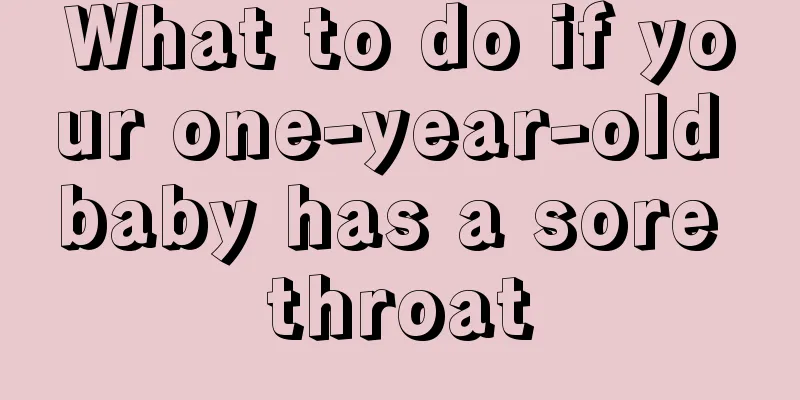How do anal polyps form?

|
Anal polyps are lumps that grow on the anal canal or rectal mucosa. Most anal polyps look like pedunculated, round or oval tumors. Generally speaking, anal polyps can protrude into the intestinal cavity and move up and down. During defecation, the anal polyps will move with the extension of the feces and give the patient a certain pain sensation. Anal polyps are benign tumors and generally there is no need to worry too much. Most anal polyps are single, while multiple ones are a minority. There are many factors that may cause anal polyps, such as dietary factors, inflammatory stimulation, feces, foreign body stimulation, mechanical injury, and genetic factors. Clinical manifestations: blood in the stool. Painless blood in the stool is the main clinical manifestation of anal polyps, but some patients may not have symptoms of blood in the stool. The amount of blood in the stool caused by polyps is relatively small. However, if the polyps are dislodged due to squeezing during defecation, or if the polyps are large and located low, a larger amount of bleeding may occur. The characteristic of blood in the stool is that it contains blood but does not drip. When anal polyps are large or numerous, gravity pulls on the intestinal mucosa, causing it to gradually separate from the muscle layer and prolapse downward. The traction caused by the patient's defecation movement and the stimulation of intestinal peristalsis can relax the mucosal layer around the base of the rectum, which may be complicated by rectal prolapse. When intestinal peristalsis pulls on polyps, intestinal irritation symptoms may occur, such as abdominal discomfort, abdominal pain, diarrhea, bloody stools, tenesmus, etc. If a person has anal polyps, corresponding examinations can be performed on them: the fecal occult blood test is often positive; under the microscope, the adenoma is slightly red in appearance, has a pedicle or a broad base, and is spherical or hemispherical in shape; polyp-like lesions should be removed or examined histologically under endoscopy to determine the nature and type of the lesions and whether they are cancerous. If there is only one anal polyp, the pain is generally not very severe. Just pay attention to maintaining hygiene in daily life to prevent polyps from being stimulated by bacteria and becoming worse. If the number of anal polyps is large and the pain is severe, surgical treatment is required. Pathological analysis and diagnosis of anal polyp specimens after surgery are very important, as they determine whether the patient is likely to relapse. |
<<: What should I do if my child has no appetite?
>>: How to choose milk powder for two-year-old baby
Recommend
What should I do if my baby has a fever and convulsions?
It is normal for parents to worry about their chi...
Is it normal for babies to have teeth growing on the upper part first?
Is it normal for the baby's teeth to grow fir...
Why do children wake up easily?
Children are easily awakened in the middle of the...
How can children grow taller if their parents are not tall?
It is said that a person's height is 70% gene...
What to do if your child has no appetite
Many children are picky about food, so the dishes...
What are the dangers of allergic asthma in children?
Nowadays, many children suffer from allergic asth...
Shocking! 12 kinds of daily food are the killers of baby health
The health of the family is the wish of every hou...
When is the best time to wean your baby?
Babies grow up drinking milk for a certain period...
What should I do if my child won’t stop coughing? These remedies work!
Everyone knows that children often cough, so many...
The efficacy of blood sugar syrup for children
Children's resistance is often not as strong ...
Causes of ringworm in babies
Many parents are particularly worried when their ...
What should you do if your child's cough causes a headache?
When the seasons change, it is easy to catch a co...
What to do if your child refuses to take a bottle
We all know that breast milk is the best for babi...
What are the developmental indicators of a five and a half month old baby?
After the baby is born, the development standards...
How to remove baby teeth?
When children reach a certain age, their deciduou...









